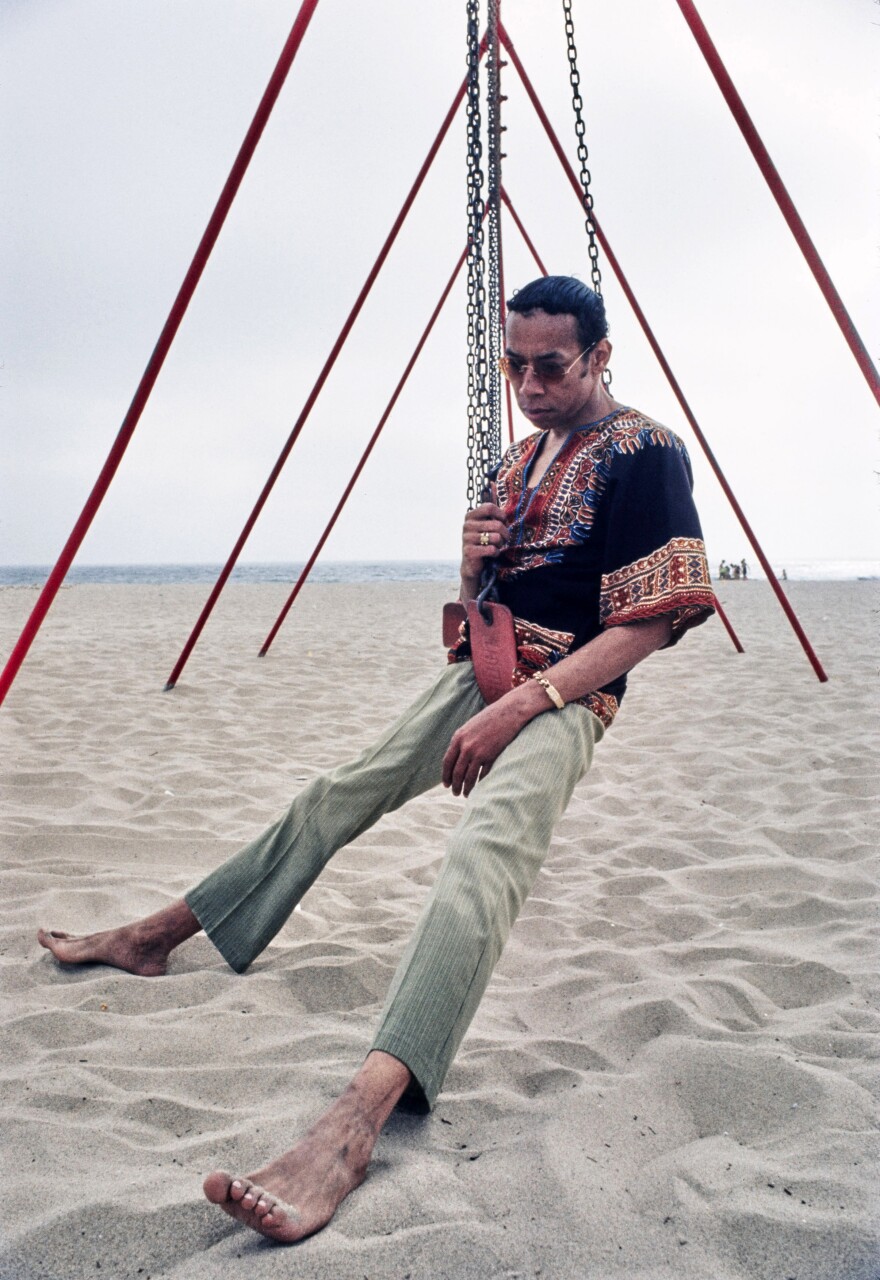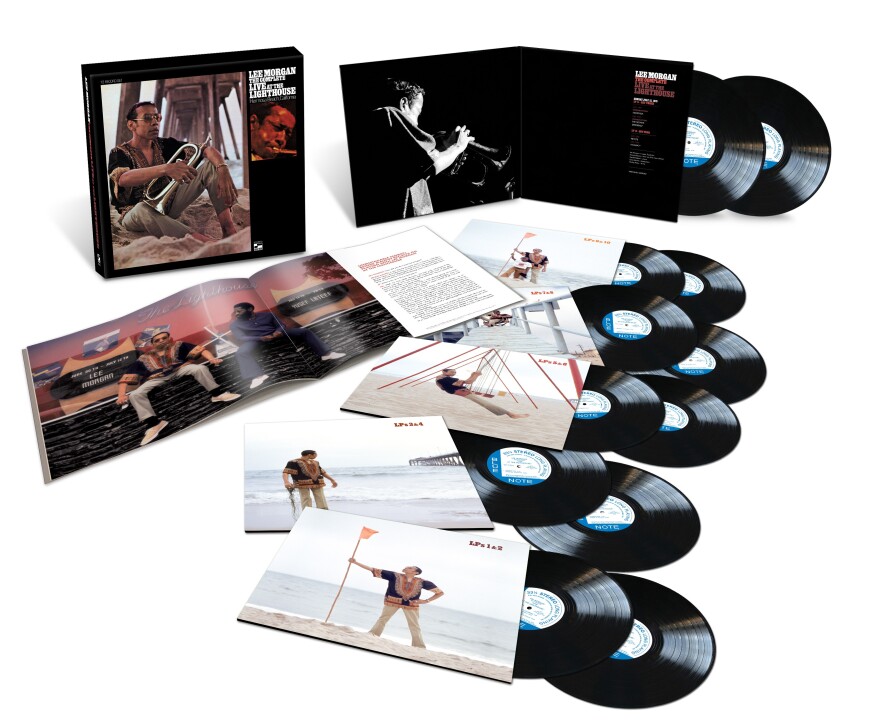An Atlanta based, opinionated commentary on jazz. ("If It doesn't swing, it's not jazz", trumpeter Woody Shaw). I have a news Blog @ News . I have a Culture, Politics and Religion Blog @ Opinion . I have a Technology Blog @ Technology. My Domain is @ Armwood.Com. I have a Law Blog @ Law.
Visit My Jazz Links And Other Websites
Atlanta, GA Weather from Weather Underground
Jackie McLean
John H. Armwood Jazz History Lecture Nashville's Cheekwood Arts Center 1989
Tuesday, June 29, 2021
Monday, June 28, 2021
Wednesday, June 23, 2021
Saturday, June 05, 2021
Thursday, June 03, 2021
The Beehive (Live (Saturday, July 11, 1970 - Set 2))
A Legendary Stand by the Lee Morgan Quintet Finally Sees Full Release, as 'The Complete Live at the Lighthouse'

Joel Franklin
/
Lee Morgan — one of WBGO's Top 100 artists, as selected by our listeners — was a trumpeter who led his share of combustible bands. When his Live At The Lighthouse was first reissued in the U.S. in 1996, many listeners had their first encounter with his working group of 1970, featuring reedist Bennie Maupin and the piano-bass-drums rhythm team of Harold Mabern, Jymie Merritt and Mickey Roker.
That collection expanded the original double-LP release from four extended tunes (each occupying one side of vinyl) to 13 tracks across three CDs. Morgan's band was a dynamically hard swinging quintet. They made their listeners feel every note as they explored a unique songbook of original compositions based in blues, bop, modal, odd meter and even a slight tinge of the avant-garde.
The liner notes for the 3-CD set contained a full chronological rundown of every night's set list. Ultimately, there were 12 sets recorded, and nearly four hours of the Lighthouse material still remained unissued. Would fans of the group ever get the chance to hear all of that material, as they had heard Miles Davis' The Complete Plugged Nickel Sessions or Bill Evans' Turn Out The Stars: The Final Village Vanguard Recordings?
The answer, finally, is yes. The Complete Live at the Lighthouse — a mammoth 12-LP or 8-CD set containing every note the group played over three nights of recording — will arrive July 30 on Blue Note Records. The label announced its release this morning, and released one track from the set: a previously unreleased version of "The Beehive."
Mabern wrote this song in dedication to a Chicago jazz landmark of the mid-1950s that featured performances by the likes of Charlie Parker, Clifford Brown and Max Roach. As Morgan's band captures the spirit and lineage of those icons and one of the many stages they soared from, the song is a showcase for their distinct group language.
From the first beat of Mickey Roker's take-no-prisoners drum intro through the tune's concluding fermata, all five musicians burn with a vengeance on "Beehive." Whereas the master version may have a firmer grasp on the melodic cues that trigger the chord changes during the solos, this "new" Beehive performance pushes a tad more aggressively with the rhythm, sizzling with an even rawer energy.
There is certainly a jubilation in the swing of Mabern, Merritt and Roker — but there's also a tension that carries through the entire performance. Performing in California was often cited by musicians at the time as a respite from the intensity of The Big Apple, but the playing on this track contains a New York pulse all the way. Maupin, on tenor saxophone, is relentless. His muscular sound and knack for combining rhythmic and exploratory sonic figures with the language of bebop distinguishes him alongside contemporaries like Pharoah Sanders, Joe Henderson and Wayne Shorter.

After Maupin comes Morgan. Straight out of the gate, he starts his solo journey with the same rhythmic figure that Roker used to end his drum break. Next, the trumpeter issues a dazzling combination of melodic fragments from the main melody that he recasts, pulls apart, and uses as launching pads for new ideas. Morgan was on the tail end of recovering his embouchure after an incident a year or so earlier, but he sounds firm and confident here. Most technically impressive are a few unbroken lines that echo the wizardry of Clifford Brown.
Perhaps the most incredible peak of this performance contains an occurrence just beneath the surface. When Morgan plays the cue that should announce the chord change, he plays it in the original key instead of the new one. At this tempo and energy level, Morgan's move may have caused a bobble (or an all out wreck) with lesser players, but he's in the best hands with this group. Mabern and Merritt stay with Morgan in the original key and he pours out even more ideas until he slightly disguises and recasts the cue again in the new key, and everyone moves seamlessly forward together. Morgan, Maupin, Mabern, Merritt and Roker are conducting the best possible clinic here, and their covert chops and listening are just as strong as their overt mastery."